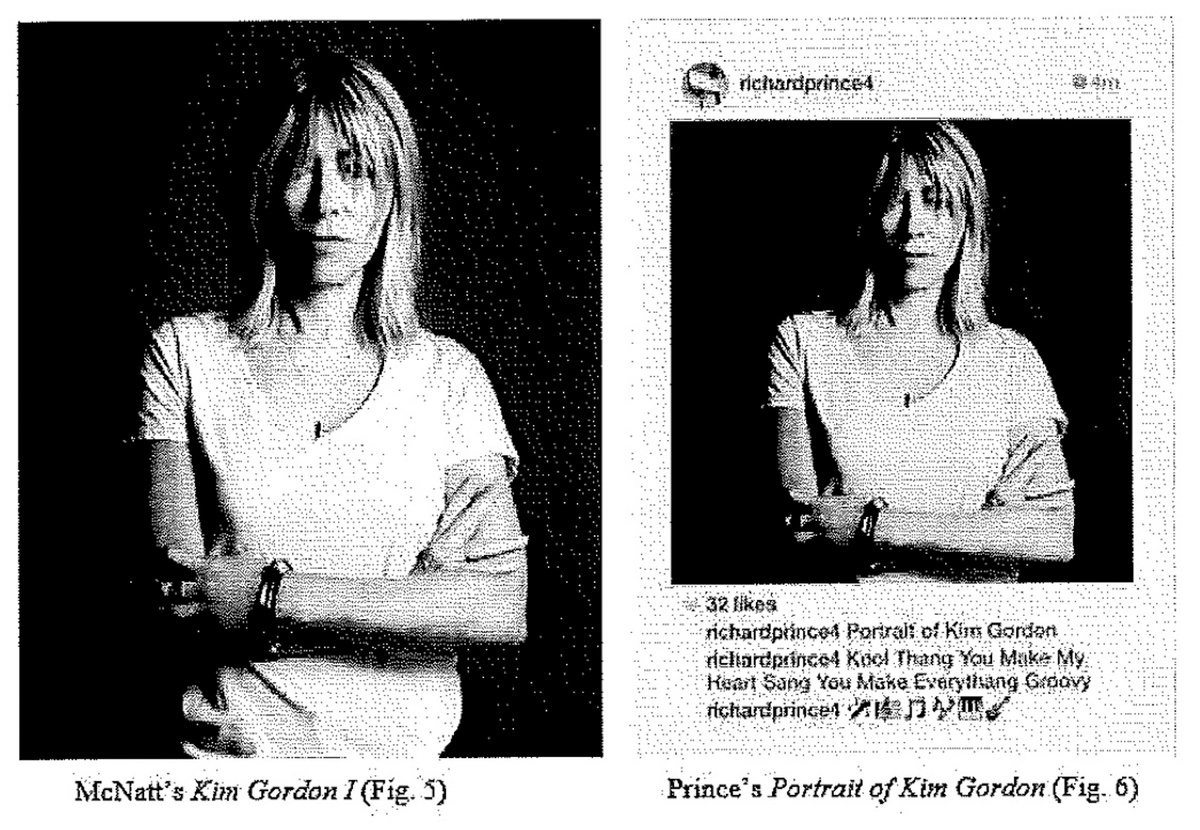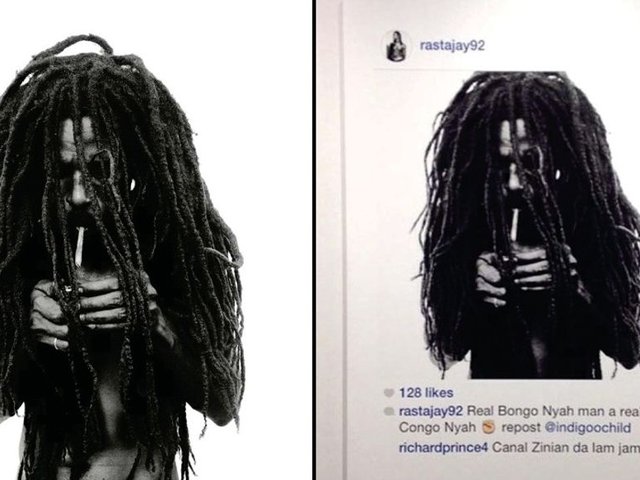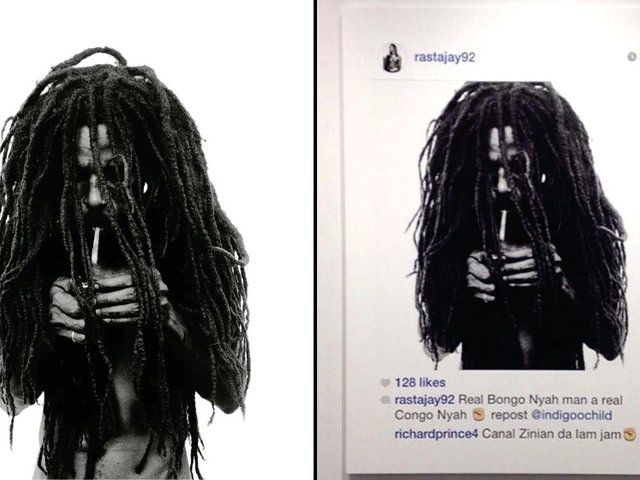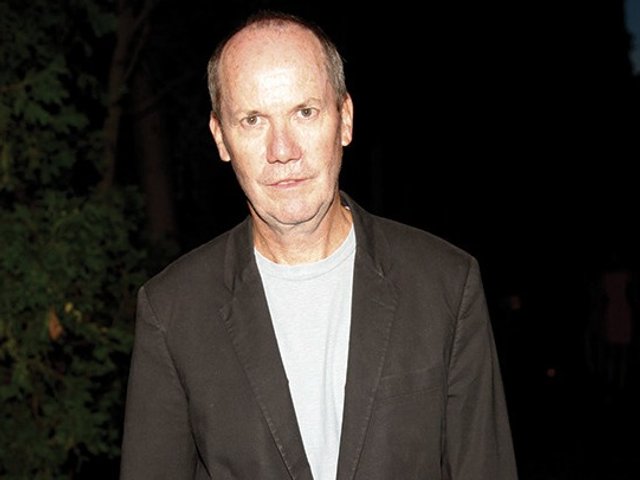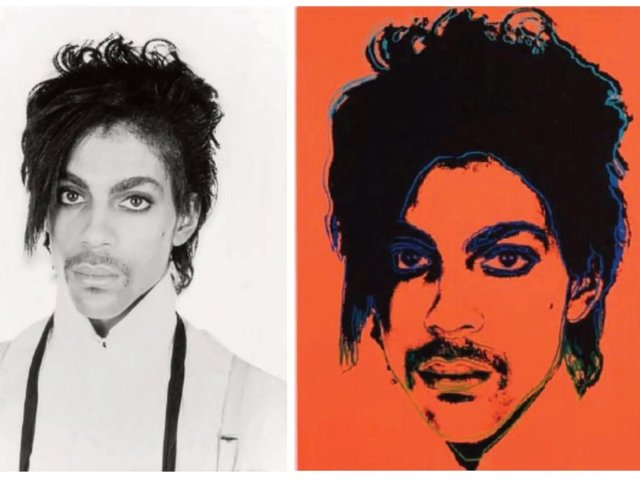A Manhattan judge has refused to throw out two long-running copyright lawsuits against the artist Richard Prince for his Instagram-sourced New Portraits series, a suite of images he appropriated from users on the platform and printed on canvas. The decision, first reported by Courthouse News, comes amid a larger shift in regulatory control in the realm of digital copyright, ranging from non-fungible tokens to the legislative Wild West of artificial intelligence.
US District Judge Sidney Stein signed a consolidated ruling on 12 May after Prince moved for a summary judgement in two New York cases brought by photographers whose original images were featured in the series.
The first lawsuit, brought in 2016 by Donald Graham, accused Prince of violating the copyright on his 1998 photograph, Rastafarian Smoking a Joint. The second suit, also filed in 2016, by Eric McNatt, concerns Prince’s use of his portrait of Kim Gordon, co-founder of the band Sonic Youth, which originally was commissioned for Paper magazine in 2014. Prince exhibited the appropriated portrait of Gordon at Blume & Poe gallery’s Tokyo location in spring 2015.
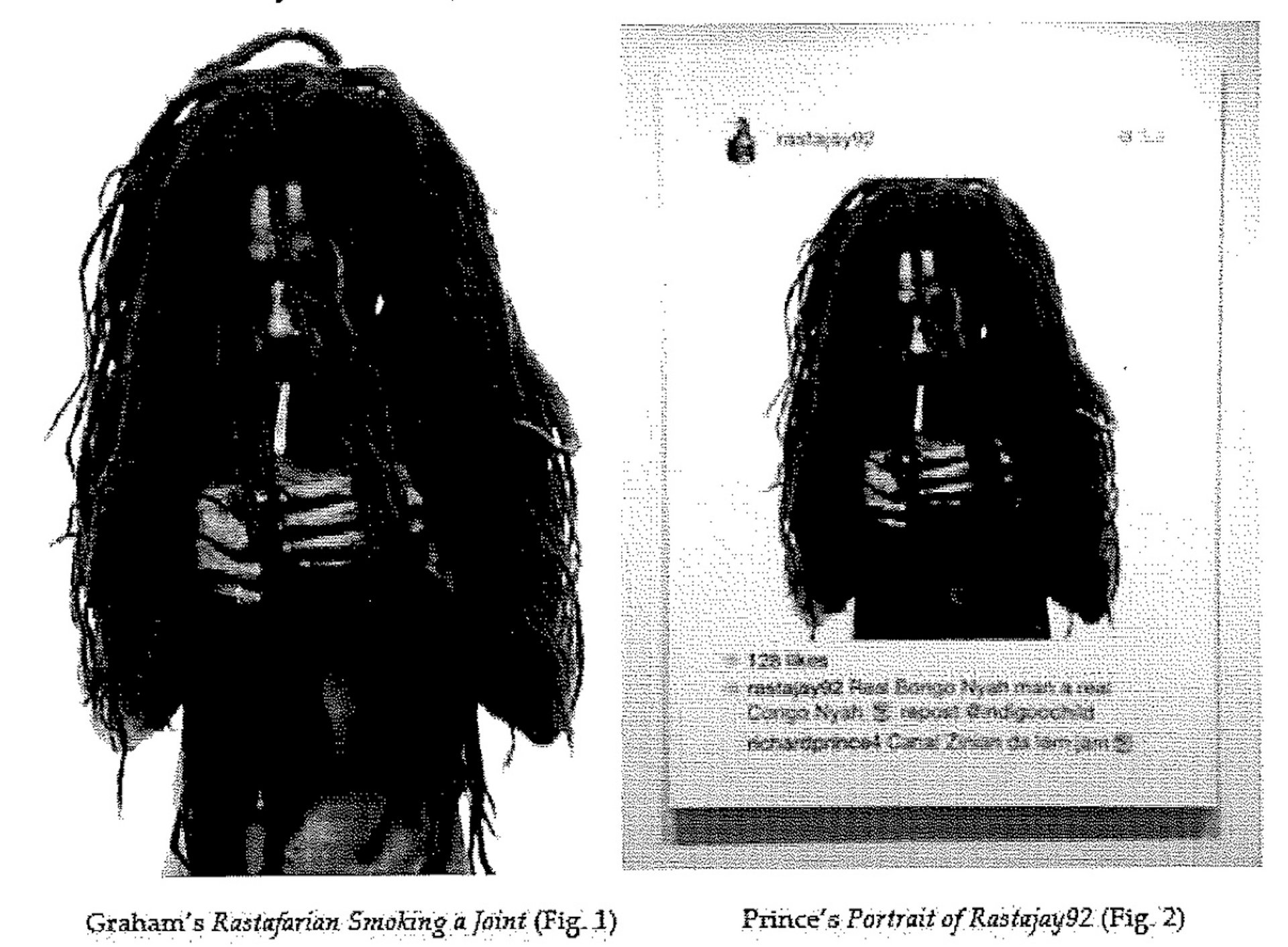
A photo by Donald Graham (left) and a corresponding work from Richard Prince's New Portraits series (right) Court documents
Both photographers' claims are reminiscent of an intellectual property lawsuit brought against Prince by photographer Patrick Cariou, whose documentation of Jamaica’s remote mountains and villages was used by the artist as material for a series of visual superimpositions in 2007. In 2013, New York’s Second Circuit ruled in Prince’s favor, qualifying his use of Cariou’s pictures as “transformative use”.
Judge Stein, however, asserted that Prince had failed to sufficiently transform his New Portraits to match that precedent.
"Ultimately, this Court concludes that Prince's alterations have merely 'modif[ied] the original[s] without being transformative',” Judge Stein wrote. "Prince did not use plaintiffs' photographs as raw material to create a collage or nor did he attempt to obscure the images. A reasonable observer would likely identify Prince's alterations as (1) adding the Instagram frame and (2) showcasing his own comments. These modifications certainly do not begin to approach the alterations found to be transformative as a matter of law in [the] Cariou and Blanch [cases].”
In his motion to have the lawsuits dismissed, Prince had contended that “in the art context, the tranformativeness of a work should be assessed through the lens of the person who has a general interest in and appreciation of…the arts”. Judge Stein ultimately sided with the plaintiffs' contention that the work did not achieve the satirical or social commentary purposes required to legally qualify for fair or transformative use.
The judge's ruling means the photographers' lawsuits against Prince will continue.


